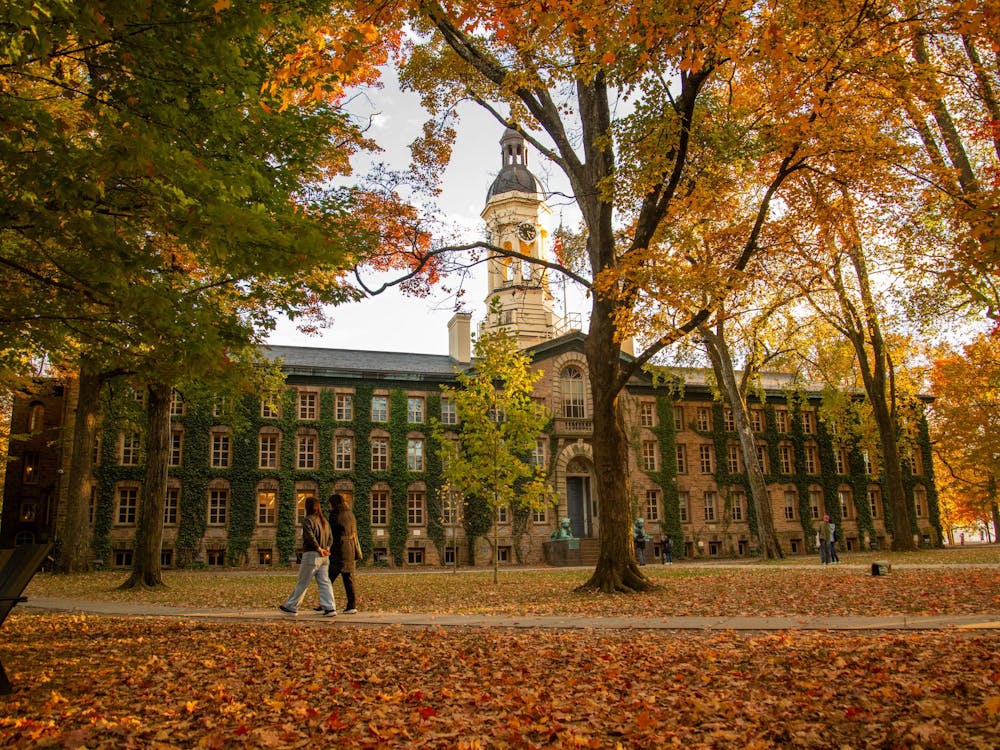Last Thursday evening, the prominent Francophone novelist Patrice Nganang was arrested as he was about to board a flight leaving Cameroon. Initially charged with “insulting” the president, Nganang has been a vocal and visible critic of the oppressive and brutal tactics that Paul Biya’s regime is using against Cameroonian citizens in the English-speaking western part of the country. Nganang had just finished an extended visit to the area and had written a piece highly critical of Biya for a French newspaper. Since being arrested, he has been held in a detention center in the capital, Yaoundé, awaiting a hearing.
Nganang was ostensibly arrested for a Facebook post. That is an obvious abuse of state power, but that the Biya regime would use that as a pretext is even more chilling. The Biya regime is sensitive to international press coverage and has tolerated a certain amount of dissent in the press before. But, policing Facebook accounts is more than an attack on free press: It actively suppresses individual rights. You might not be a journalist, but you can now be held accountable for your late-night thoughts and casual retweets on social media.
Events like this implicate all of us, and not in just a general ethical way. Nganang, who teaches at SUNY Stony Brook but who lives just outside Princeton in Hopewell, is scheduled to be a Visiting Professor in the Humanities Council in the spring, teaching a course on the Black Metropolis for the French and Italian Department. Unless he is freed before then, he will become the second member of the University community in prison for doing academic research. History graduate student Xiyue Wang was imprisoned in Iran in 2016 while doing research for his dissertation on 19th- and early-20th-century local governments.
Nganang’s arrest is not a provocation just to academic freedom. At a moment when journalists are routinely accused of peddling “fake” news or told that it is “inappropriate” or insulting to question members of the administration, freedom of the press has become a global issue. Unlike some regimes, Biya’s may be susceptible to embarrassment. It values a veneer of legitimacy, and the scrutiny of members of leading universities around the world will chip away at that veneer. Nganang’s arrest has been condemned by individuals and groups around the world: in newspapers in France, England, and Germany; by organizations like PEN and the African Literature Association; and by thousands of individuals. Wendy Belcher, Nick Nesbitt, Simon Gikandi, Robert Harvey of SUNY Stony Brook, and I invite you to join a petition already signed by hundreds of academics in several countries urging Biya and the Cameroonian regime to release Nganang.
D. Vance Smith, Professor in the Department of English







